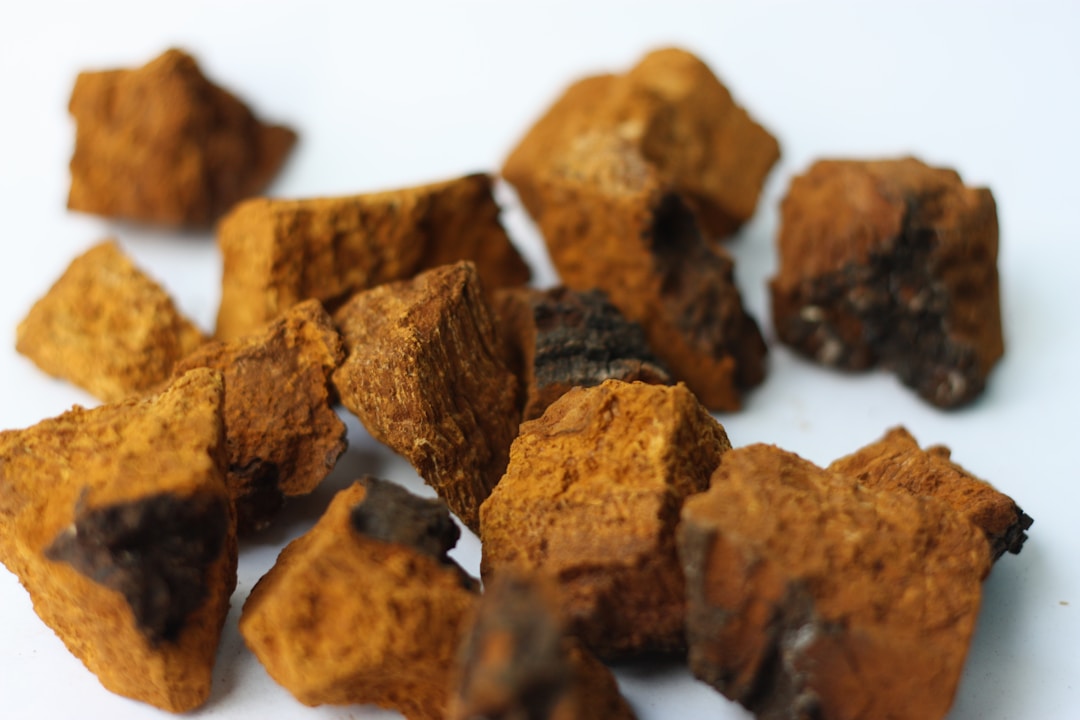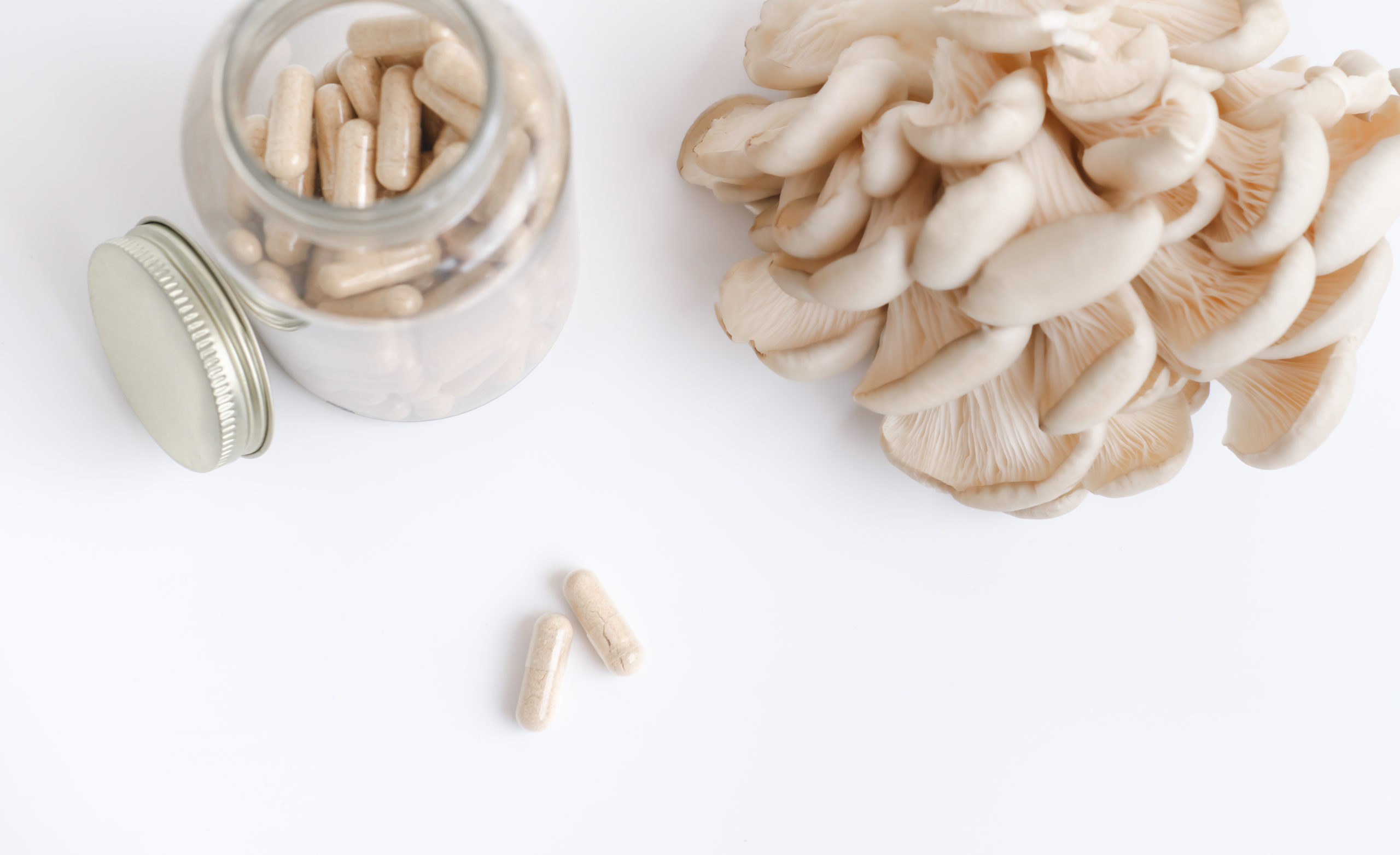While most people consider mushrooms to be a regular ingredient found in pasta dishes and soups, there are varieties of mushrooms that can significantly boost your health. That’s why medicinal mushrooms have gained popularity over the years. Fungi offer high nutritional value due to their natural antibacterial properties and antimicrobial compounds. Incorporating medicinal mushrooms into your lifestyle is just one of many ways you can fight off disease, increase your daily fiber, and get more antioxidants into your body. However, if you plan on taking any dietary supplements or making changes to your lifestyle, it’s best to seek the advice of a health care professional.
Find out how medicinal mushrooms promote good health and learn more details about their benefits on this page.
They boost immunity and promote better sleep.

Reishi is a medicinal mushroom that is known as the “mushroom for immortality.” It grows in hot and humid locations, commonly in Asian countries. It’s used to help boost immunity and enhance the immune system by improving sleep. It’s typically sold in powder or liquid form because the actual mushroom is tough and bitter. Some people take reishi for high cholesterol or blood pressure, but most take it to reduce any feelings of discomfort before bed. Eons is a wellness brand that provides medicinal mushrooms like reishi to help you get better sleep at night. They believe the key to your best health is in the realignment of your circadian rhythm, and they are all about using science to improve sleep.
They’re rich in antioxidants.
While Chaga isn’t your typical mushroom, it’s a fungal mass that is rich in antioxidants. Chaga grows on birch trees and has essential vitamins and minerals like potassium, vitamin D, copper, zinc, iron, and calcium. By giving your body more antioxidants, it can reduce visible signs of aging and even assist in lowering your cholesterol. Some studies have shown that it can prevent poor cardiovascular health and support white blood cells to defend against disease.
They can help your allergies.

Medicinal mushrooms could also aid in seasonal or even chronic allergies. For example, Cordyceps is a fungus that is known to help with airway diseases. This can include allergic conditions such as asthma or allergic rhinitis. Because they’re anti-inflammatory, people also use different varieties of medicinal mushrooms like reishi and maitake to help relieve allergies naturally. Allergies are usually caused by sensitivity to the environment, and fungi tend to grow and prosper despite these harsh conditions. Such fungi can potentially inhibit histamines that cause allergic symptoms.
They help improve brain function.
The lion’s mane mushroom is one variety that more people have incorporated into their diet due to properties that may improve cognitive function. This is because medicinal mushrooms could potentially pass the blood-brain barrier, which affects your brain’s neurogenesis. This, in turn, affects your ability to create thoughts and memories. Some studies have even shown that lion’s mane mushrooms can boost the growth of nerve tissue. This can be helpful with preventing health conditions such as multiple sclerosis, dementia, or Alzheimer’s disease. Taking dietary supplements is best done under the supervision of a health care professional. Considering the potential benefits, it may be a good idea to talk to your doctor about adding medicinal mushrooms into your lifestyle.

Because they contain high nutritional value and have a significant number of essential vitamins, there’s no reason why you shouldn’t consider adding mushrooms to your diet. Most edible mushrooms have plenty of protein and fiber to improve your health. Plus, they’re low in fat. Mushrooms are also some of the best sources of natural vitamin D. Their medicinal uses involve anti-allergic, antifungal, antioxidant, anticancer, antiviral, antibacterial, and other detoxification functions. A balanced diet could benefit from the inclusion of medicinal mushrooms, and that’s why they’re cultivated worldwide.
